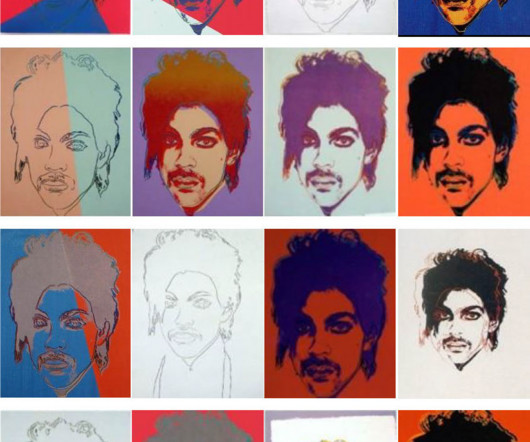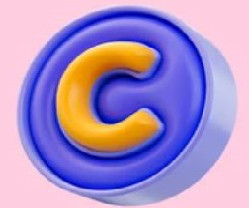INTERNET AND COPYRIGHT
IIPRD
SEPTEMBER 29, 2022
Copyright is a term describing rights given to creators for their literary and artistic works. Consistent with the recent report of the Indian Federation of Phonographic Industry (IFPI), music piracy has reached unacceptable levels in India, China, Brazil, Indonesia, and Pakistan. Copyright is essentially a right to copy.










Let's personalize your content